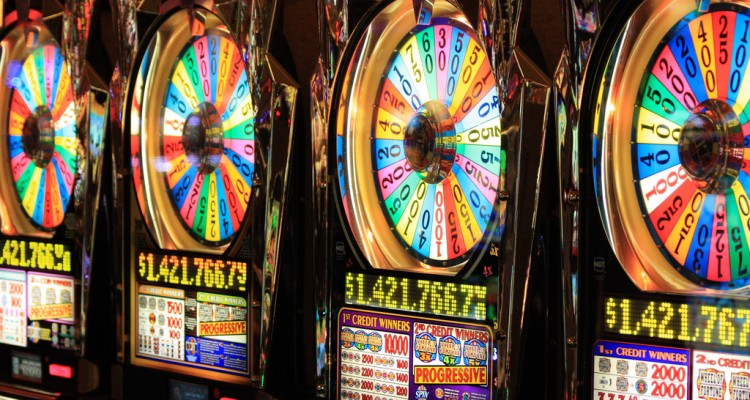In an effort to move more money to the Maryland casinos, gaming operators of the state have requested a reduced payout to be required for slot machine gaming. If approved, tens of millions in cash would shift from payouts to players to the casino facilities.
The five casinos of the state recently sent a group of recommendations that included the request to lower the return to players by ten percent. The information of the requests was obtained by The Baltimore Sun based on a Public Information Act request.
Sent to the Maryland Lottery and Gaming Control Agency, the proposal is seeking a relaxed requirement for each casino in slot machine payouts. The operators currently are required to pay out 90 to 95 percent of money wagered at the gaming machines over a one year time frame. The casinos would like to see this amount lowered to a minimum payout of 85 percent which would increase the amount of wagers retained from the game play by the casino.
According to the Maryland Assistant Director for Gaming, Charles LaBoy, the patrons of casinos would earn less winnings but the hold would increase, so there would be potential revenues for the state as an upside. LaBoy did not state how much in actual revenue would be earned by the change but it has been estimated to be in the tens of millions which would go to the casinos and state. During this fiscal year, slot machine gaming earned $622 million from the five casinos of the state with $290 million going towards the Education Trust Fund and $229 million going to casino operators.
The casinos have stated that the proposal would allow them the flexibility needed to create innovative slot gaming options that will include a wide variety of payouts. Seeking a wider cushion, the casinos also state that the payout changes to 87 to 85 percent as requested is still higher than other states.
A decision on the proposal is not expected until later on this summer, with the General Assembly Joint Committee on Administrative, Executive and Legislative Review as well as the state gaming regulators having to approve the proposal.


